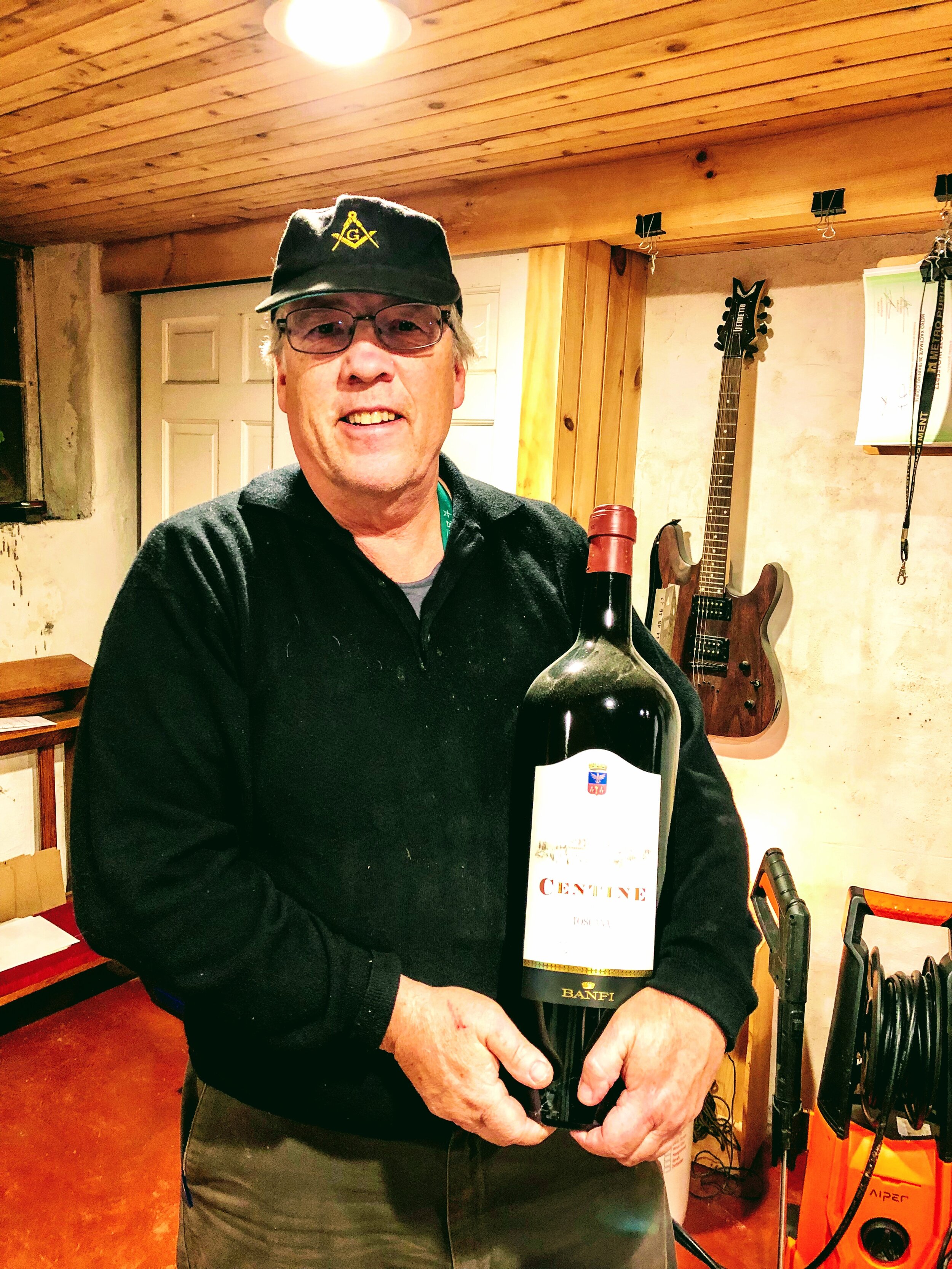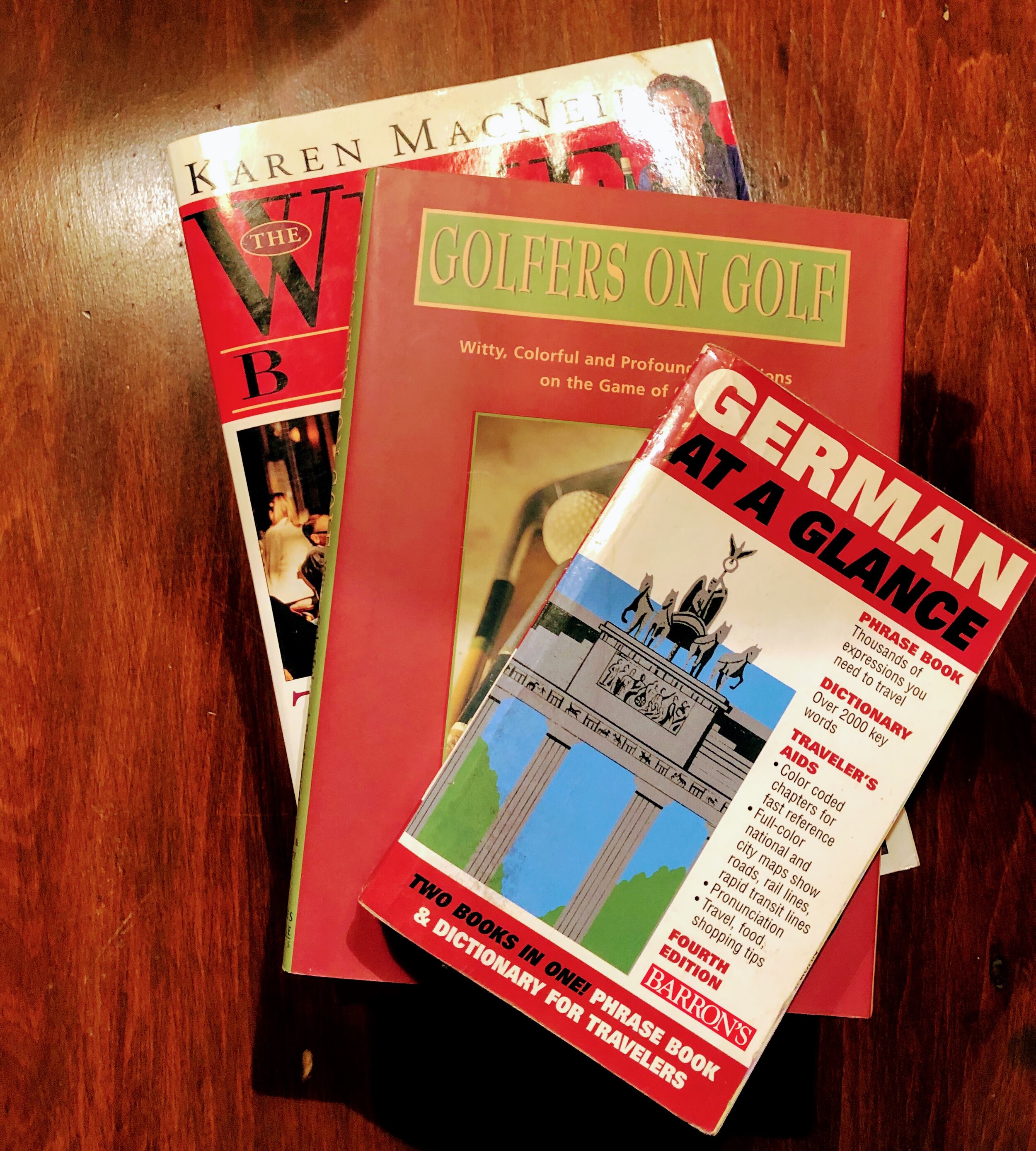Reviving the Lost Art of Hobbies

When it comes to hobbies, I fear our culture is missing out. What I mean is, I don’t think we value certain hobbies the way that we used to. And as a result, I fear we neglect opportunities for a richer, more fruitful and fulfilling life.
Am I saying that we negate leisure activities altogether? Not at all. But I argue that tactile, communal and productive extracurricular activities are increasingly rare. With the rise of busyness, demanding work environments and technology, it is far too easy to fill our spare time scrolling on screens, binging on Netflix and passively roaming channels, rather than learning new things, actively creating something or participating in communal activities.
I stumbled across an intriguing article in Psychology Today that argues the profoundly beneficial impact hobbies have on our mental and emotional health, even leading to more overall success in life. While hobbies can span within a range of categories ( active/athletic, social, musical, outdoor, artistic and intellectual) this author argues that hobbies involving visual thinking (imagining), learning from doing rather than just thinking, as well as art and music were the most beneficial.
When I set out to explore this concept, I immediately thought about my father. He is a textbook example of someone involved in a rich variety of hobbies and would be the first to tell you how much value, growth and opportunity these endeavors have brought him.
I decided to interview him about the subject and gleamed some entertaining, interesting and inspiring feedback.
Hobbies Make Life Richer
Astronomy, learning German, winemaking, horseback riding, fencing, longsword fighting, darts, golf, chess, model railroading, woodwork, boxing, Freemasonry and dabbling in piano and guitar make up a chunk of the most noteworthy hobbies in his lifetime. I asked him to reflect on his life and share where his interests came from and the value these activities imputed to his life.
From his earliest memories of playing with toy soldiers and model railroading, my dad always gravitated towards hobbies that were tactile, useful and interesting to him. As he got older, he continued to pursue hobbies that were either intellectually challenging, like competitive chess and learning German, or physically useful, like boxing. When asked about his inspirations to pursue these activities, he claimed to enjoy the challenge of learning something new and better equipping himself to handle life.
For example, boxing started out as a way for him to feel better able to defend himself against bullies, but eventually, with training, became a competitive occupation for a season. He would be the first to tell you how much boxing shaped his ability to push himself, persevere in uncomfortable situations and develop courage.
Throughout his years, my father always pursued hobbies that would bring value to his life as a whole. Even hobbies he only dabbled in for a season, like longsword fighting and horseback riding, gave him an outlet to release energy, meet new people and gain that satisfaction that comes from conquering a challenge.
I don’t think anyone could argue that exploring activities as ordinary as chess or involved as wine-making, brings a richness and fulfillment that cannot be gained otherwise.
Hobbies Stretch Us
I asked my dad to share how various hobbies have stretched and grown him for the better. His answers were quite interesting.
Since winemaking is one if his current favorites, he enthusiastically explained how much winemaking challenges him to grow in new areas. Because of the need to immaculately follow directions and wait patiently for the process to complete, winemaking requires much patience and attention to detail. There are no shortcuts. My father admittedly confessed that winemaking stretches him to develop more patience and diligence to which he is thankful for.
This example makes a case for adding active, tactile and productive hobbies to our lives. We may never get the chance to grow certain valuable character qualities the way we would in pursuing such hobbies.
Freemasonry is another hobby my father greatly credits for stretching him. Unlike winemaking, participating in a fraternal society like the Freemasons is a communal activity. Being part of a community like the Freemasons has made my dad a better team player. This is especially true now that he is in a leadership position, as he constantly is challenged in managing responsibilities and caring for the welfare of those he oversees.
Hobbies Have Legs
And finally, one of the greatest benefits to participating in hobbies is the opportunities they can open for us down the road. As someone whose job is heavily oriented around sales, my father credits his involvements in various hobbies for providing the majority of his clientele. Not only do communal hobbies widen our network of people, but even independent hobbies can enhance our repertoire, therefore giving us more to share and connect with others about down the road.
We also never know when a particular skill, however random, may come in handy. My father will tell you how much money winemaking has saved him longterm as he no longer needs to purchase bottles. Wine also makes an excellent gift, and my dad loves the opportunity to share his wine with those he cares about.
When asked which hobby was most useful, the answer was learning to speak German. Learning any language has many benefits, including increased attention span, greater ability to multitask and better memorization skills. For my father, learning German was a lifelong goal. He now has more opportunities within his Freemasonry circles to specialize in specific, German-speaking areas. He also loves visiting Germany and feels pride in being able to speak with natives.
The point is—we never know when a skill, activity or community of people might come in handy down the road. From networking opportunities to practical benefits like saving money, hobbies have the potential to give back even more than we ever imagined possible.
Final Words
Suffice it to say, hobbies bring a myriad of value to our lives. I didn’t even dip past the surface of all the different hobbies available and their various benefits. Since this article was oriented around the conversation with my father, I didn’t get to touch on the individual creative, useful and interesting hobbies beyond what he specifically mentioned (like sewing, baking, painting, dancing, fishing, etc.). I could easily make several blog posts about the subject at large! All I know is that I am inspired to prioritize more activities throughout my life remain open to new endeavors.
What about you? Are you a hobby person? If so, do these arguments for the value of hobbies resonate with you? If not, what holds you back? I’d love to hear!

